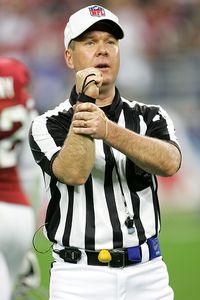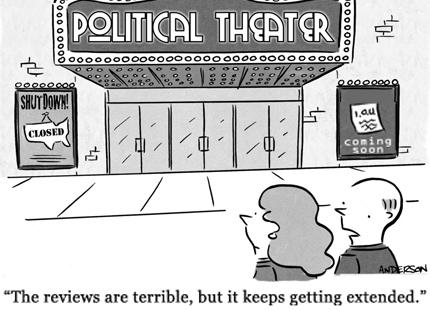“Due to the requirements of Florida Statute 101.62 involving vote-by-mail ballots, the Pinellas Supervisor of Elections would not be able to accommodate holding any election within 15 days,” Deputy Supervisor of Elections Dustin Chase told the Guardian today. “But that doesn’t prevent a municipality from calling an election” [boldfacing added].
St. Pete Beach City Attorney Dickman didn’t make that distinction in December when resignations and vacant seats were discussed by the then city commission. Dickman instead said that the new financial disclosure requirement is “the real issue here,” then proceeded to claim that it would be an “impracticality” and “impossibility to have a special election before August.”

Yet nothing in the city’s charter required the holding of “a special election before August” if there were two or more vacancies on the commission. Instead, the city’s charter’s requirement in §3.06(d) is that “the remaining members shall, within fifteen (15) days, call a special election to fill the vacant commission positions.”
But as shown above, “calling” an election is not the same as “holding” an election.
The statute that Dustin Chase cited, a statute governing vote-by-mail ballots, makes no distinction between regular elections and special elections. Because of that vote-by-mail ballot statute, it is always impossible to hold any election within 15 days of calling one. That is also exactly what Chase told us, as cited previously.
At the December 18th Special City Commission meeting, Dickman verbally went over only parts of the city’s charter provisions for filling vacancies. Dickman then recommended a convoluted “staggered resignation” scheme that is now the subject of this lawsuit. The lawsuit was filed by by Protect St. Pete Beach and residents who believe that their right to elected government has been violated.
Dickman stated in the December 18th meeting that he and other city staff had “called” the Pinellas Supervisor of Elections (SoE) office. A public records request to SoE turned up no written communications between the city and SoE about this important matter.
An article we previously published showed that Dickman also didn’t provide the commission with a written legal opinion about how to proceed to fill vacancies, whereas the Oldsmar city attorney did for his commission.
In light of the SoE’s response, Dickman’s direction of the city commission away from §3.06(d) of the city charter and on to §3.06(c) will raise questions, especially given his apparent “I don’t put important legal advice into writing” policy.

This month, unlike last month, the city did seem to understand the difference between holding and calling an election when they passed resolution 2023-26 “establishing the date for the 2024 special municipal election” for August 20th.
Put another way, this month the city called for a special election to be held 228 days later. Maybe some special elections are more special and less impossible than others?
City Clerk Amber LaRowe did not immediately respond to our questions asking who authored resolution 2023-26, and who approved it for presentation to the city commission.
Nothing in Florida Law requires that the city’s election be conducted through the SoE office in its home county. As long a Florida Law is adhered to, other organization could have performed this special election outside of the regular March, August and November election dates. But St. Pete Beach apparently didn’t even look for those options.
Manatee County has conducted a December special election for the special district called Trailer Estates Park & Recreation District for several years in a row. Could they have carried out the election for St. Pete Beach sometime between March and August.?
“The short answer is no,” said Scott Farrington, Deputy Supervisor of Elections for Manatee County, when asked if his agency would have agreed to do so. “Logistically, it would require so much help from the home county that it makes no sense, and we would not agree to do it.”
However, when we asked if his agency would have conducted the election for a payment of $1 million or $10 million, Farrington conceded that at some point, the profit involved would make it viable for his agency to conduct that election.

Thus holding a special election outside of the established calendar wasn’t an “impracticality” and “impossibility” as Dickman claimed. It may have been expensive, but it could have been done. “Cost” is not something that relieves the city from its obligations under the city charter.
Although there was no requirement to hold the special election within 15 days, or even that it be held before August, if that was something that the city commission felt was important to do, it is very likely it could have found a way to do so.
“The conversation was maybe 5 minutes,” Chase told us about the conversation with Dickman.
” ‘Can you conduct an election in 15 days?’ was Dickman’s first question,” according to Chase.
What did the city attorney know and when did he know it? And if the city attorney didn’t know the difference between “calling” and “holding” an election, then should he have known? What else should he have known?
As always….the Guardian reports and the readers decide. Please like our Facebook page to find out when we publish new stories.


